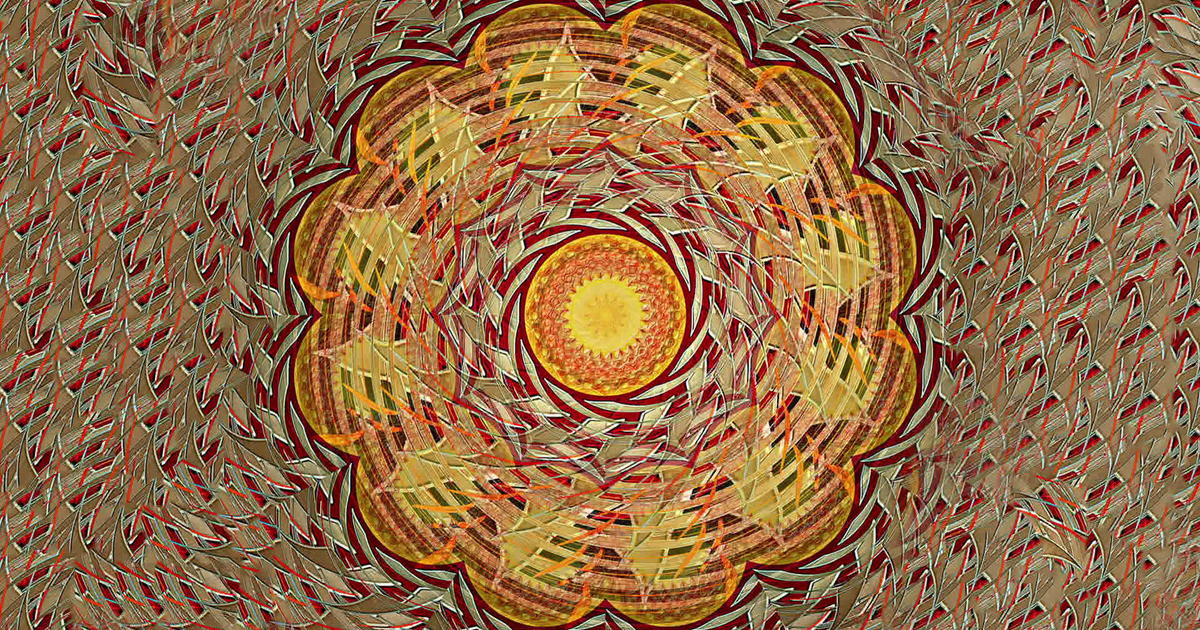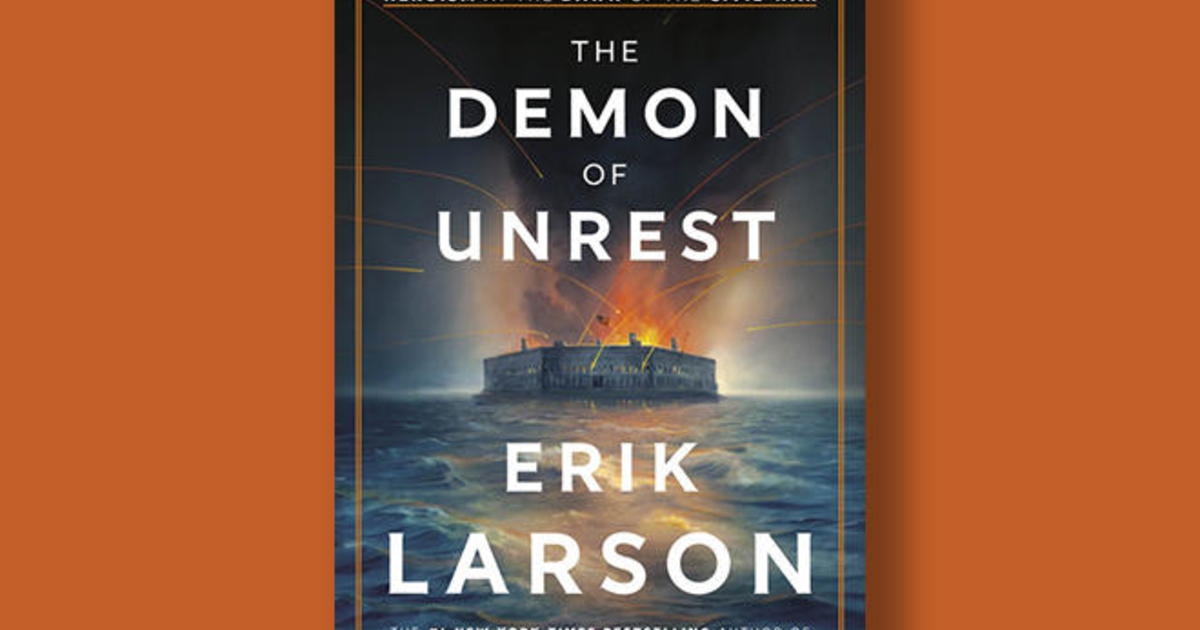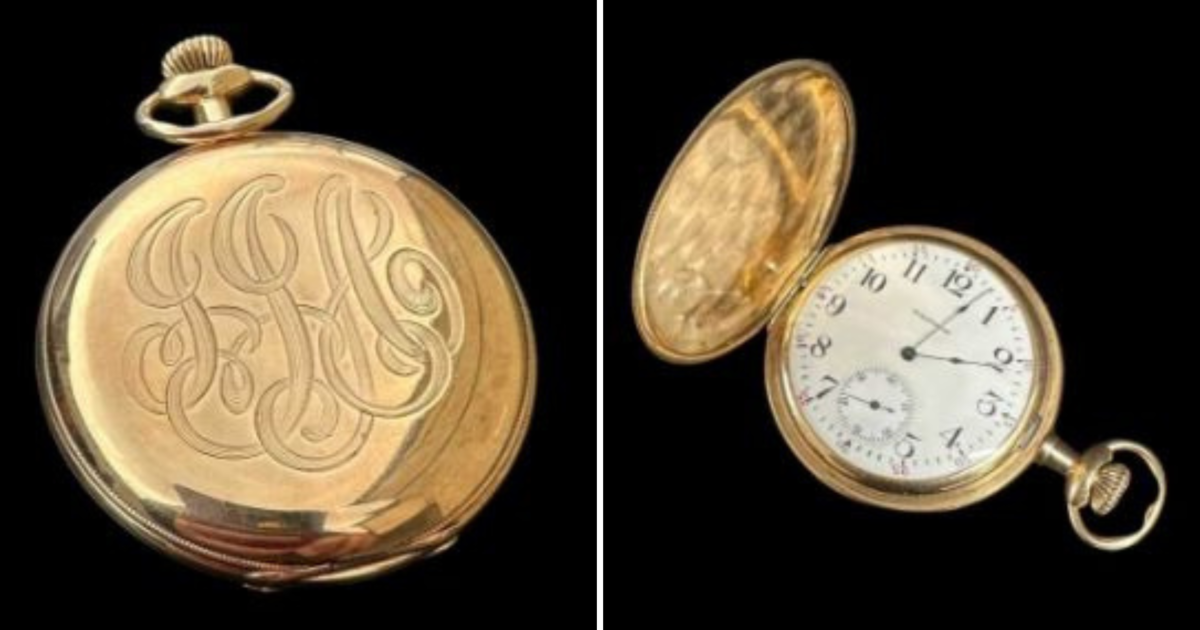Charles M. Blow on "The Slap" as a cultural Rorschach test
When Will Smith ascended the stage during the Oscars and slapped presenter Chris Rock for making a joke about Jada Pinkett Smith's hair loss, it stunned the room, and the world. What many of us briefly believed to be a skit was indeed real.
Watch the uncensored exchange between Will Smith and Chris Rock, who deadpanned it as "the greatest night in the history of television":
And in the ensuing days, "The Slap" has overtaken the national conversation.
In the grand scheme of things – with a pandemic lingering, with a war in Ukraine that has engaged the world's superpowers, and with our own democracy teetering under the weight of waves of oppression – this seemed too small to be taking up so much time and energy.
But I believe that it has captured the public precisely because it is small. It's digestible. It's human: A person dealing with a disorder; an insulted wife; a defensive husband; fragile egos; a distortion of chivalry; a public attack.
It also resonates because it's a cultural Rorschach test: People see different things depending on who they were.
Some see it simply: an irrational, inexcusable televised assault.
Other see the dangers of insult comedy and how hurtful it can be.
Others see a stunning display of privileged impertinence by a rich and powerful man acted out on another rich and powerful man.
Others see a man sticking up for his wife.
Still others see the humiliation that people with diseases and disorders are constantly subjected to, as if the jokes and the jabs are harmless.
A compelling argument can be made from each of these perspectives, and that is what has made "The Slap" live longer than it otherwise would have.
I saw an expression of toxic masculinity – how men too often respond to passions with violence, and call it love; how they cloak their viciousness in valor; how they profess to protect the vulnerable with violence, when in fact they are animated by their own fragility.
My take is just one take, from my own perspective and lived experience. Other reasonable people, some very smart people, can have different perspectives.
And that is how "The Slap" became a psychological test, and therefore, a sensation.
For more info:
- Charles M. Blow at nytimes.com
- oscars.org (Academy of Motion Picture Arts & Sciences)
- oscars.com (Official site of Oscar telecast)
Story produced by Robbyn McFadden. Editor: Chad Cardin.



